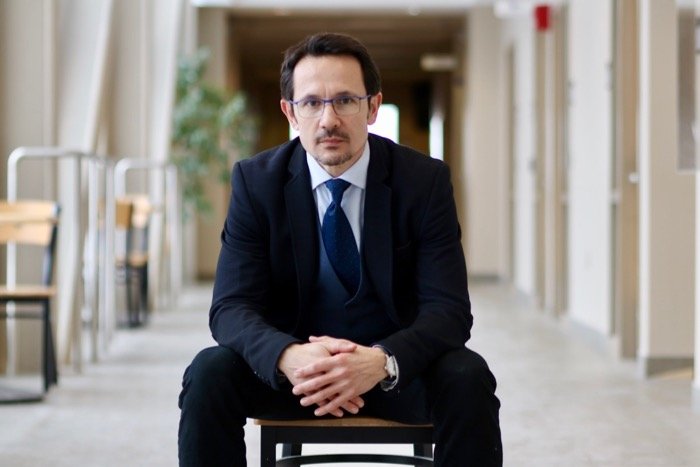About:
The pursuit of environmental justice is one of the great human undertakings of our time. It touches on the most essential aspects of our shared humanity and provides a snapshot-in-real-time of how we treat others and treat our world. Far from being only a legalized statute belonging to the great nation-states, environmental justice abides at the intersection of human stability, human accountability, and human rights. As such, it allows us to look at the vagaries of climate approaches not just as abstractions but as realities that touch on our most basic human norms – peace, justice, and human security. By first examining how issues of race, gender, creed, and nation spin a fabric of moral norms and ethical realities, we can better construct a vision of environmental justice and climate security in which all humanity can benefit.
Such an approach to environmental and climate justice means examining how inequality and discrimination impact vulnerable populations. In doing so, we humanize the too-often abstract framework of climate debate by showing that how we deal with the environment has echoes of how we deal with many social challenges – for better and for worse. Environmental justice shows us that it is not just about ‘trees and leaves’, but real human beings with real challenges, in very real situations. By elevating voices which have previously been marginalized, and by acknowledging the ways in which the effects of climate change are dispersed through social, cultural, and economic systems, environmental justice approaches provide a sharp moral lens to view one of the great challenges of our time.
This conference brings together leading scholars from a range of disciplines to discuss solutions to the climate crisis. By approaching the challenge of climate justice from the perspective of environmental justice, the speakers will illuminate our common human challenges and will provide a comprehensive overview of where we came from, where we are now, and where we need to go to address the deeply human issues of climate change.
Speakers:
PROFESSOR CARA NEW DAGGETT
Assistant Professor of Political Science, Virginia Tech
Desiring Energy: How work-and-freedom fuel narratives block a just transition
PROFESSOR RADOSLAV DIMITROV
Associate Professor & European Union Delegate to the UN Climate Change Negotiations, Western University
“The Paris Agreement and the Clean Economy Transition”
PROFESSOR KARLETTA CHIEF
Associate Professor, University of Arizona
Climate Change Impacts on Water Resources of Native Americans in the U.S.
PROFESSOR NA’TAKI OSBORNE
Assistant Professor Environmental & Health Sciences, Spelman College
Climate Justice & Environmental Health Disparities: Amplifying Grassroots Struggles
PROFESSOR BYRON WILLISTON
Professor of Philosophy at Wilfrid Laurier University and a member of the Interdisciplinary Centre on Climate Change at the University of Waterloo
Planetary Health, Well-Being and Climate Justice
JULIAN AGYEMAN
Professor of Urban and Environmental Policy and Planning, Tufts
Just Sustainabilities in Policy, Planning and Practice







